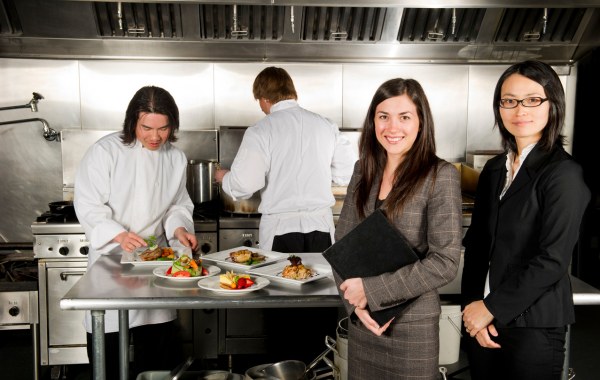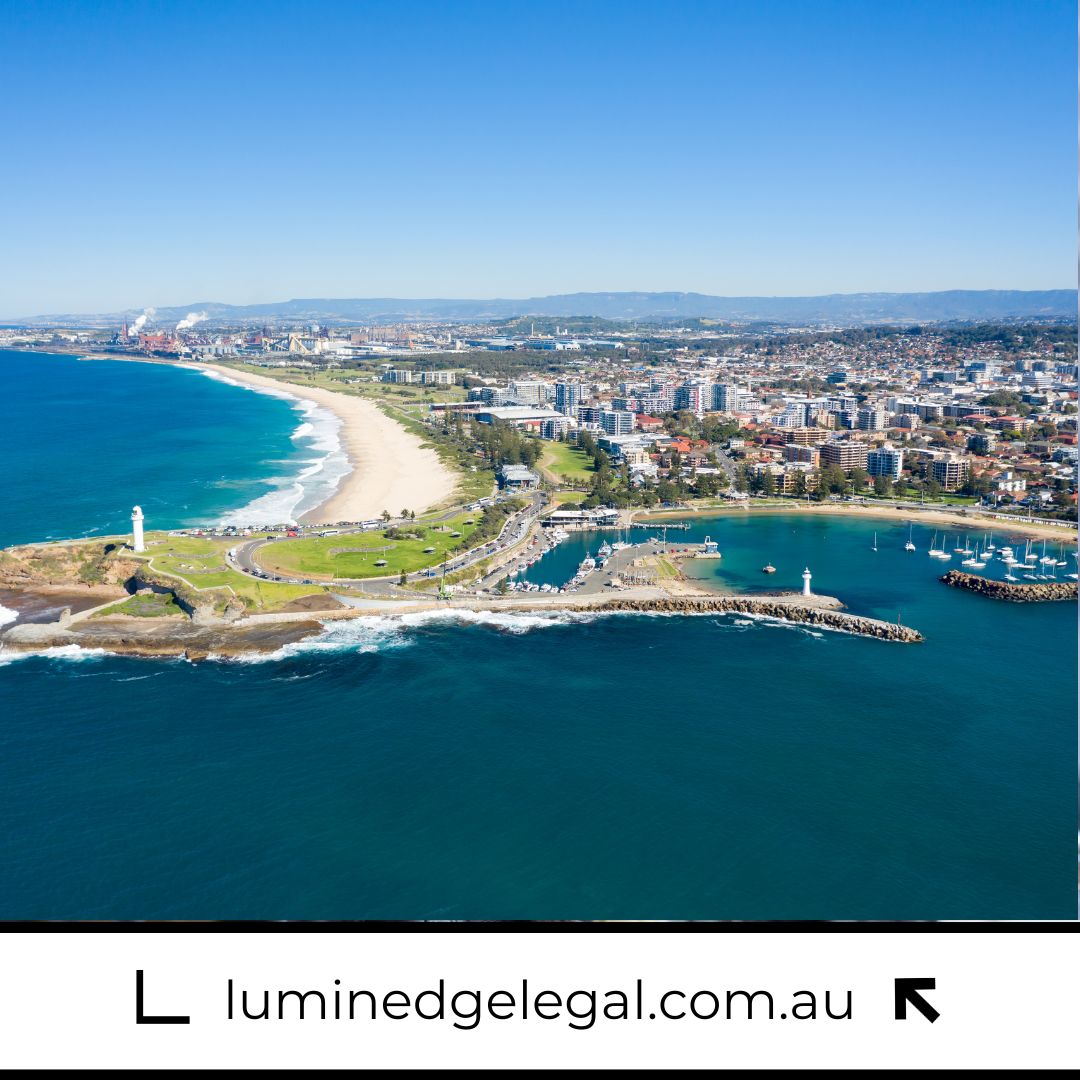482 Visa Requirements for Restaurant and Café Manager
Are you a restaurant manager with aspirations of working in Australia’s thriving hospitality industry? If so, the Subclass 482 visa might be the perfect pathway for you to realize your career goals.
In this comprehensive article, we will delve into the specific “482 Visa Requirements for Restaurant or Café Manager.” Whether you seek to bring your expertise to renowned Australian establishments or explore new opportunities in the land down under, understanding the essential criteria for this visa is vital.
Join us as we outline the qualifications and prerequisites you must meet to embark on an exciting journey as a restaurant manager in Australia.
The primary difference between the 482 and 494 visas is their geographical restrictions.
The Temporary Skill Shortage (TSS) visa, commonly referred to as the 482 visa, enables individuals to work anywhere throughout Australia, without any restrictions on specific areas.
On the other hand, the 494 visa, known as the Skilled Employer Sponsored Regional visa, is intended for those who wish to live, work, and study in designated regional areas of Australia, excluding Sydney, Melbourne, and Brisbane.
482 visa requirements for the restaurant manager
The Subclass 482 visa, also known as the Temporary Skill Shortage (TSS) visa, offers skilled workers, including restaurant managers, the opportunity to work in Australia. To be eligible for the 482 visa as a restaurant manager, you must meet the following requirements:
- Occupation: You must be nominated to work in an occupation listed on the Medium and Long-Term Strategic Skills List (MLTSSL).
- Work Experience: You should have at least 2 years of relevant work experience in the restaurant or café industry.
- Skills Assessment: If required for your occupation, you must provide a relevant skills assessment. For restaurant managers, employers may administer tests like the Criteria Basic Skills Test (CBST) and the Employee Personality Profile (EPP) to assess your basic math, verbal skills, and trainability.
- Employment Restriction: You are allowed to work only for your sponsoring employer or associated entity, unless you are exempted.
- English Proficiency: Meet the minimum English language proficiency standards, unless exempt. This requires an overall band score of at least 5.0 in the International English Language Testing System (IELTS) with no less than 5 in each test component.
For more details about the English Proficiency visit the link below:
By satisfying these requirements, you can enhance your chances of obtaining the 482 visa as a restaurant manager and pursue your career aspirations in the Australian hospitality industry.
Required tasks and duties for Restaurant and Cafe Manager in Australia
The role of a Restaurant and Cafe Manager in Australia encompasses a diverse range of tasks and responsibilities. As a skilled professional in the hospitality industry, the manager is involved in various aspects of running a successful establishment. Some of the key tasks and duties include:
- Menu Planning: Collaborating with chefs to plan and design menus that cater to customers’ preferences and dietary requirements.
- Special Function Organization: Coordinating and arranging special events and functions to enhance the dining experience and attract new clientele.
- Procurement and Budgeting: Managing the purchasing process and setting appropriate pricing for goods, ensuring adherence to budget constraints.
- Stock and Financial Records: Maintaining accurate records of stock levels and financial transactions to ensure efficient inventory management and financial control.
- Health Regulations Compliance: Ensuring that the dining facilities meet health and safety regulations, are kept clean, functional, and aesthetically pleasing.
- Customer Satisfaction: Engaging with customers to assess their satisfaction with meals and service, addressing feedback, and striving to enhance overall customer experience.
- Staff Management: Selecting, training, and supervising both front-of-house and kitchen staff, ensuring their performance aligns with set targets for sales and expenditure.
- Customer Interaction: Some managers may personally take reservations, greet guests, and assist in taking orders, fostering a welcoming and customer-centric environment.
- Rostering and Scheduling: Efficiently managing staff rostering and scheduling to ensure smooth operations and optimal utilization of resources.
Restaurant and Cafe Managers play a pivotal role in creating a positive dining atmosphere and ensuring the success of the establishment through their effective leadership and management of various operational aspects.
Importance of Restaurant Managers in the Australian hospitality industry
Restaurant Managers play a pivotal role in the Australian hospitality industry, serving as the backbone of successful dining establishments across the country. Their importance lies in their ability to efficiently oversee and manage various aspects of a restaurant, ensuring a seamless and enjoyable dining experience for customers. These skilled professionals are responsible for coordinating and supervising restaurant operations, from planning menus and organizing special functions to maintaining hygiene standards and managing staff performance.
Restaurant Managers also act as a bridge between the kitchen and the front-of-house team, collaborating with chefs to create delectable menus and ensuring that dishes are prepared and presented to perfection. They are adept at handling customer inquiries and feedback, guaranteeing exceptional customer service and satisfaction.
Additionally, these managers are entrusted with financial responsibilities, such as budgeting, inventory control, and cost analysis, contributing to the profitability and sustainability of the restaurant.

Can a restaurant sponsor a visa Australia?
Yes, a restaurant in Australia can sponsor a visa for certain skilled positions. The sponsorship process allows restaurants to bring in foreign workers to fill critical roles that cannot be filled by local talent.
However, it’s important to note that not all occupations or positions can be sponsored. Generally, restaurants are limited to sponsoring skilled positions such as Chefs, Cooks, and Restaurant Managers.
These skilled positions are often in high demand in the Australian hospitality industry, and sponsoring foreign workers through the visa program helps address labor shortages and ensures that restaurants can continue to deliver exceptional dining experiences.
By sponsoring skilled workers, restaurants can access a pool of talent with the necessary expertise and experience to contribute to the success and growth of their establishment.
NOTE: It’s essential for restaurants to adhere to the relevant immigration and visa regulations while sponsoring foreign employees to ensure a smooth and compliant process.
Read More: Difference between 482 and 494 Visa
Is restaurant manager in demand in Australia?
Yes, Restaurant Managers are in demand in Australia. Qualified Café or Restaurant Managers are listed in various skilled occupation lists, indicating that their expertise is needed in the country’s labor market.
This recognition also highlights that there might be a skill shortage in this occupation that requires addressing through skilled migration.
As a result, Restaurant Managers have visa options to migrate to Australia or work in the country, as their skills and expertise are highly valued and sought after in the Australian hospitality industry.
What are the qualifications for a Restaurant Manager position in Australia?
To qualify for a Restaurant Manager position, candidates typically need to possess the following skills and qualifications:
- At least a high school diploma: A minimum educational requirement for entry into the role of a Restaurant Manager is a high school diploma or equivalent.
- Previous restaurant experience: Prior experience working in the restaurant industry, preferably in various roles, provides valuable insights and understanding of restaurant operations.
- Prior work as a manager or supervisor: Experience in a managerial or supervisory role demonstrates leadership capabilities and the ability to oversee a team effectively.
- Success with customer service: Excellent customer service skills are essential to ensure a positive dining experience for patrons and build customer loyalty.
- Training in food safety: Knowledge of food safety regulations and protocols is crucial to maintain a safe and hygienic dining environment.
- Experience with long shifts: Restaurant Managers often work long and irregular hours, so the ability to handle extended shifts is important.
- Financial literacy: Familiarity with financial management, including budgeting, cost control, and managing restaurant finances, is valuable for effective business operations.
- Ability to keep inventory organized: Efficient inventory management skills help in optimizing stock levels and reducing wastage.
Having these qualifications and skills equips aspiring Restaurant Managers to successfully oversee restaurant operations, ensure customer satisfaction, and contribute to the overall success of the establishment.
How much does a Restaurant manager make in Australia?
In Australia, the average salary for a Restaurant Manager is approximately $65,000 per year, which translates to around $33.33 per hour.
Entry-level positions typically start at around $60,000 per year, while those with extensive experience in the role can earn up to $85,000 per year.
These salary figures are based on data from 861 salaries, providing an overview of the remuneration that Restaurant Managers can expect in the Australian job market. It’s worth noting that specific salary offerings may vary depending on factors such as location, the size and type of the establishment, and the individual’s level of expertise and qualifications.
Can Fast Food Managers be Considered as Café or Restaurant Managers in Australia?
In Australia, the roles of Café and Restaurant Managers, as per the ANZSCO classification, pertain to businesses where a diverse range of food is prepared on-site by a qualified chef. This specific classification aligns with the expectations of the Australian industry, where employers require café and restaurant managers to possess a broad skill set, including the ability to collaborate with qualified chefs in menu planning, and efficiently handle food procurement and budgeting.
However, it’s important to note that the classification of Café and Restaurant Managers may not encompass managers of businesses where food arrives prepared or semi-prepared, such as in fast food establishments. Fast food managers, despite overseeing food operations, may not fully qualify under the Café and Restaurant Manager classification due to the differing nature of their establishments and the nature of food preparation involved.
In conclusion, the distinct roles and responsibilities of Café and Restaurant Managers in Australia are tailored to businesses that involve on-site food preparation in collaboration with a chef, making them different from fast food management positions.
Conclusion
In conclusion, Luminedge Legal stands ready to provide expert support and guidance for individuals seeking assistance with the 482 visa application process for Restaurant Managers in Australia. With our in-depth knowledge of immigration law and extensive experience in handling visa applications, we are committed to helping aspiring Restaurant Managers navigate the complexities of the immigration system smoothly and efficiently.
We strive to make the journey to obtaining a 482 visa as seamless and stress-free as possible, allowing aspiring Restaurant Managers to focus on their career aspirations in the vibrant Australian hospitality industry.
Contact Luminedge Legal today and let us help you turn your dreams of working as a Restaurant Manager in Australia into a reality. Our team is here to provide the expertise and support you need to embark on this exciting new chapter in your professional journey.
Luminedge Legal: Best Immigration Lawyer Sydney
Email: info@luminedgelegal.com.au
Tel: 02 8041 3811, 0480 294 699






